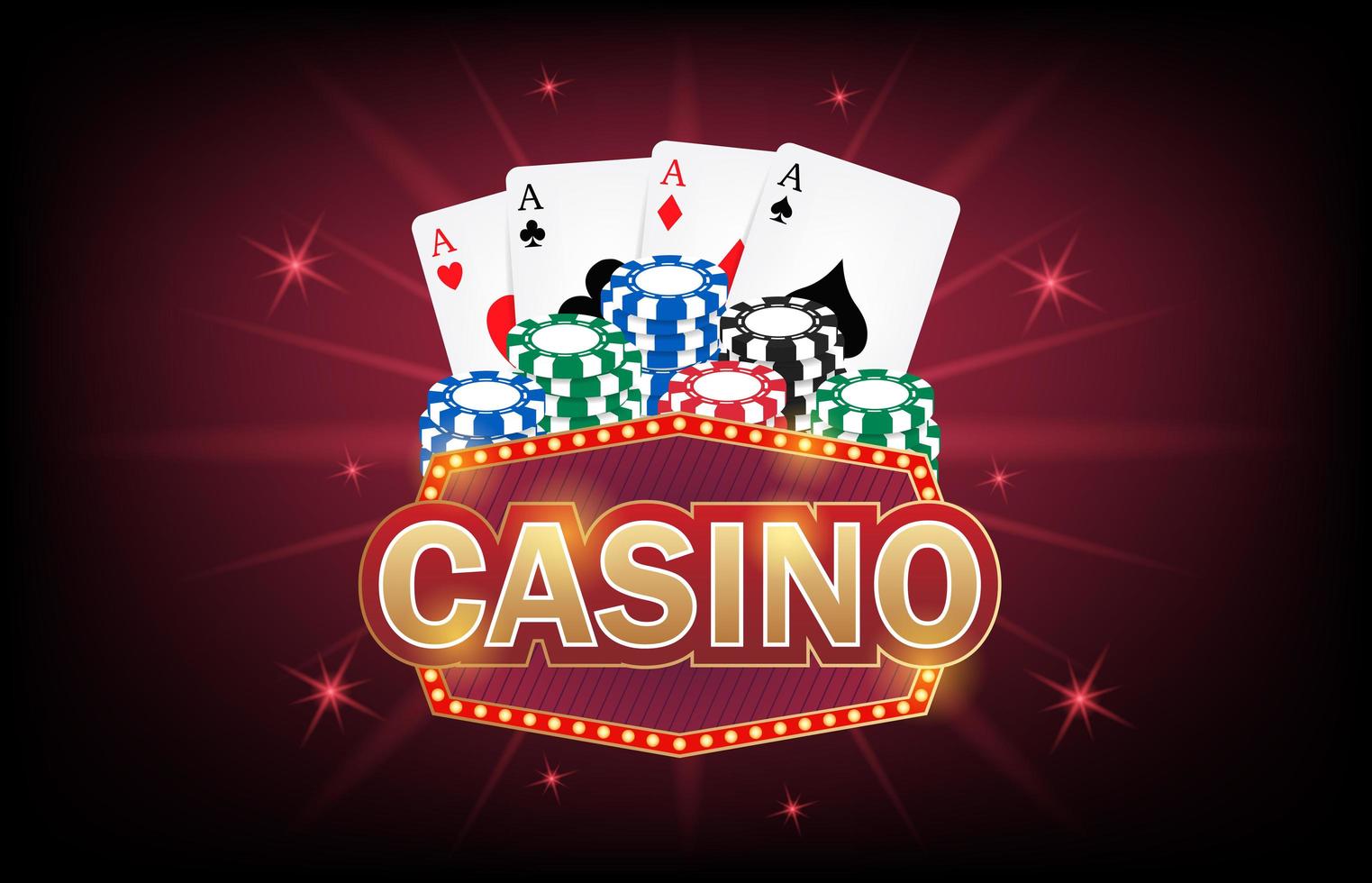
In the dynamic realm of gambling halls, in which the atmosphere buzzes with enthusiasm and the clattering of tokens permeates the environment, the position of a game dealer is both essential and captivating. casino online non AAMS Daily, these experienced professionals step into a realm where fortune and strategy intertwine, guiding players through the ups and downs of their chosen casino games. From card games like 21 and poker to the spinning wheels of the roulette table, dealers manage the action while making sure that each game operates seamlessly and honestly.
As the sun rises on another bustling day, a casino dealer prepares to dive in this dynamic setting. Their responsibilities extend beyond merely dealing the cards or spinning a roulette wheel; they are also performers, service providers, and guardians of the game regulations. Each workday brings new obstacles and experiences, making every day distinct in the life of a dealer. This behind-the-scenes look will examine the day-to-day operations of a casino dealer, highlighting the expertise and insights that make this career both thrilling and rewarding.
The Role of a Gambling Game Croupier
A gambling table croupier is at the heart of the gambling experience, managing the flow of the game while ensuring that players are engaged and entertained. Their primary duty is to manage the game, which involves dealing cards, rotating the wheel, or handling the chips, based on the game being played. Dealers must have a deep understanding of the regulations and regulations governing each game, while also upholding a welcoming and approachable demeanor to enhance the gambling atmosphere.
In addition to managing the gameplay, dealers must also keep a close watch on the players and the surroundings around the game. This includes watching for any signs of cheating, ensuring that everyone is adhering to the rules, and addressing any conflicts that may arise among players. Effective communication skills are essential, as croupiers often give explanations about the rules and mechanics and give assistance to those who may be novice to casino games.
Moreover, a croupier’s role extends beyond just the mechanical aspects of the game. They play a key part in creating an enjoyable experience for the players. This necessitates establishing a connection with patrons, being sensitive to their wants, and often adding an element of entertainment into the game. It’s this combination of talent, alertness, and people skills that makes the position of a gambling table dealer both demanding and fulfilling in the dynamic world of gambling games.
Responsibilities and Challenges in Daily Operations
One of the primary responsibilities of a casino game dealer is to oversee the multiple games available at their table, ensuring a seamless and satisfying experience for players. Dealers must be skilled at dealing cards, handling chips, and maintaining the flow of the game. This calls for a deep understanding of the regulations of each game, from blackjack to roulette, and the ability to answer players’ questions while maintaining the game progressing. Attention to precision is paramount, as dealers must track bets, disburse winnings correctly, and monitor any cheating or discrepancies at the table.
In addition to managing the game itself, dealers face challenges such as dealing with difficult players. The casino environment can be tense, particularly during intense games, and a dealer must remain composed and professional at all times. They need robust interpersonal skills to handle interactions with players who may be upset about losses or dissatisfied with the game’s pace. Navigating these situations delicately is important in creating a positive atmosphere on the casino floor.
Another significant responsibility is maintaining the honesty of the game. Dealers must be alert and observant, watching for any signs of player cooperation or cheating among players. This involves not only a solid knowledge of the games but also an awareness of player psychology. They must also adhere to the casino’s regulations and procedures, participating in regular training sessions to stay informed on rules and protocols. Balancing these responsibilities while providing excellent customer service is what makes the role both difficult and fulfilling for a dealer in a casino.
Attributes and Skills for Achievement
A effective casino game dealer must possess superior communication skills. This includes not only the ability to explicitly explain game rules and procedures to participants but also the capacity to interact with them in a friendly and competent manner. Cultivating rapport with customers can enhance the gaming experience and promote repeat visits to the casino. Effective communication enables dealers to manage tables smoothly while ensuring that players feel entertained.
Furthermore, robust mathematical skills are essential for a dealer. Quick calculations are often required to keep track of bets, payouts, and game outcomes in the moment. A dealer’s ability to perform these math operations accurately and swiftly promotes to the overall efficiency of the game. This skill helps in maintaining the flow of play and in minimizing disputes or misunderstandings with players, which is crucial in a fast-paced casino environment.
Lastly, an ideal casino game dealer should demonstrate integrity and professionalism at all times. Trust is a crucial component of the gaming experience, and players must feel confident that the games are conducted fairly and transparently. A dealer’s dedication to upholding high ethical standards fosters a positive atmosphere at the table and enhances the casino’s standing. Being consistent in behavior ensures that dealers leave a memorable impression on guests, which can lead to a loyal customer base.
